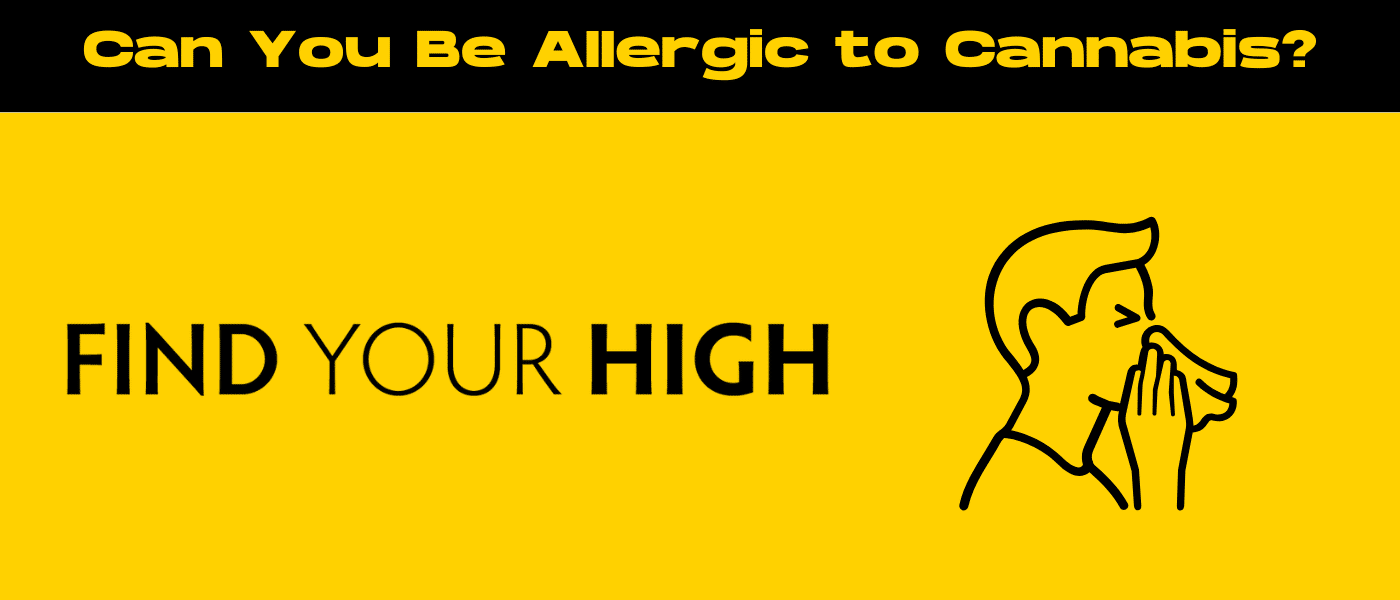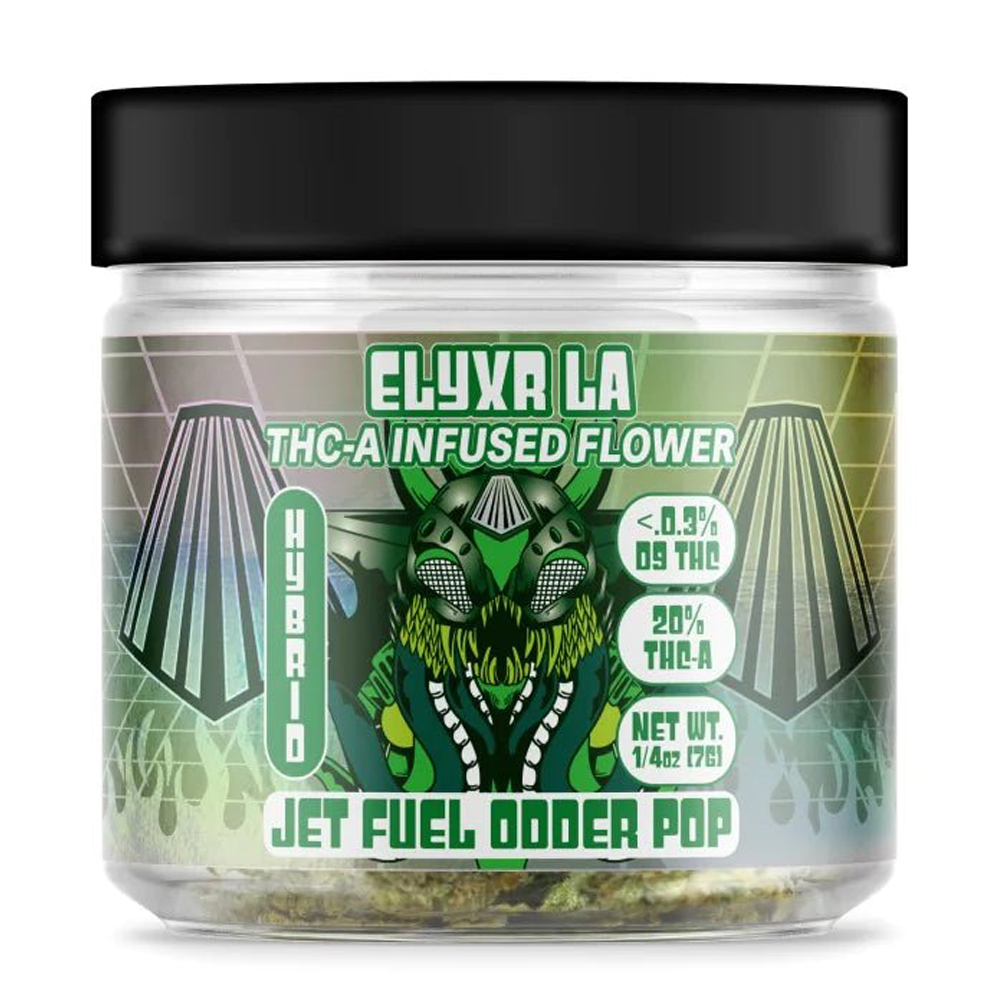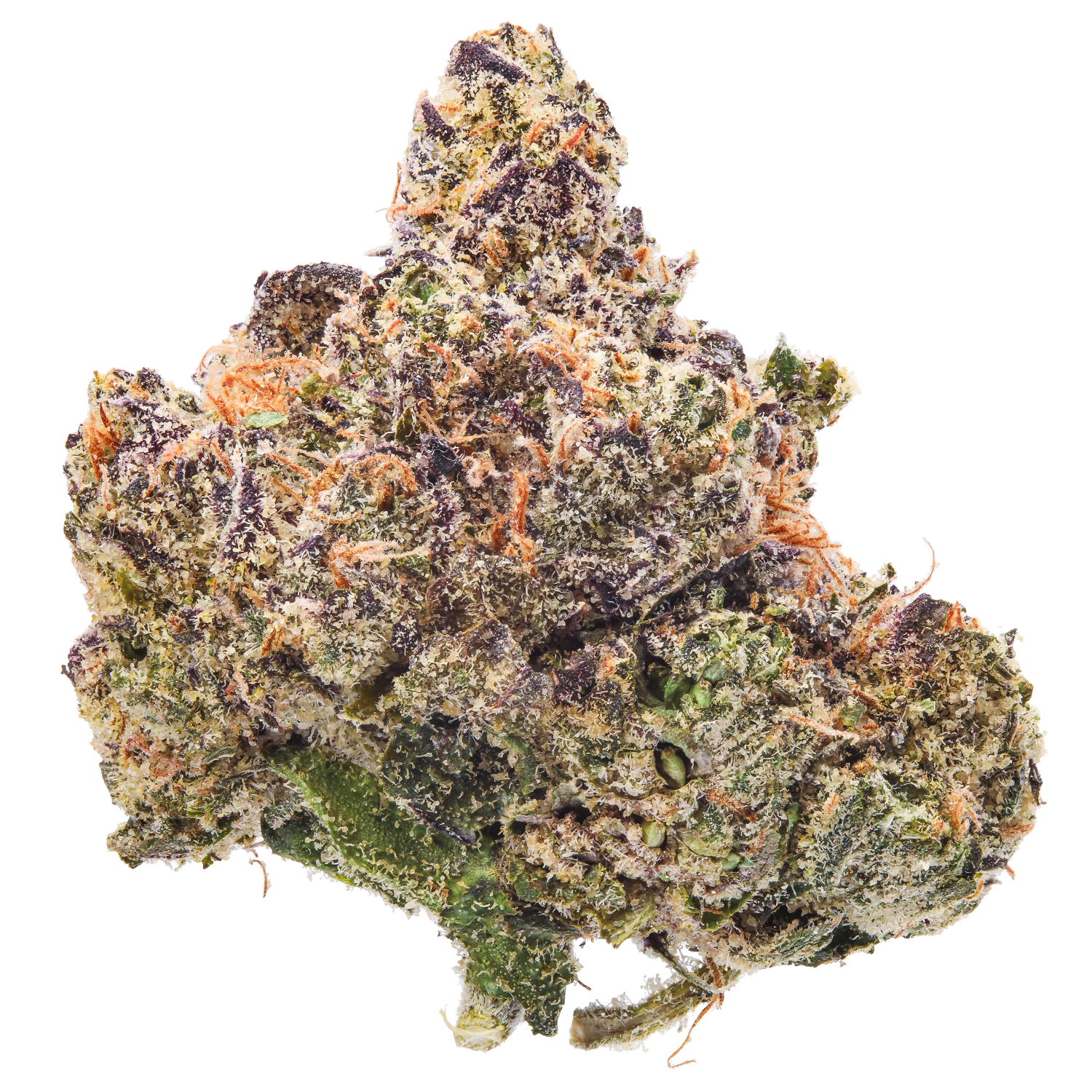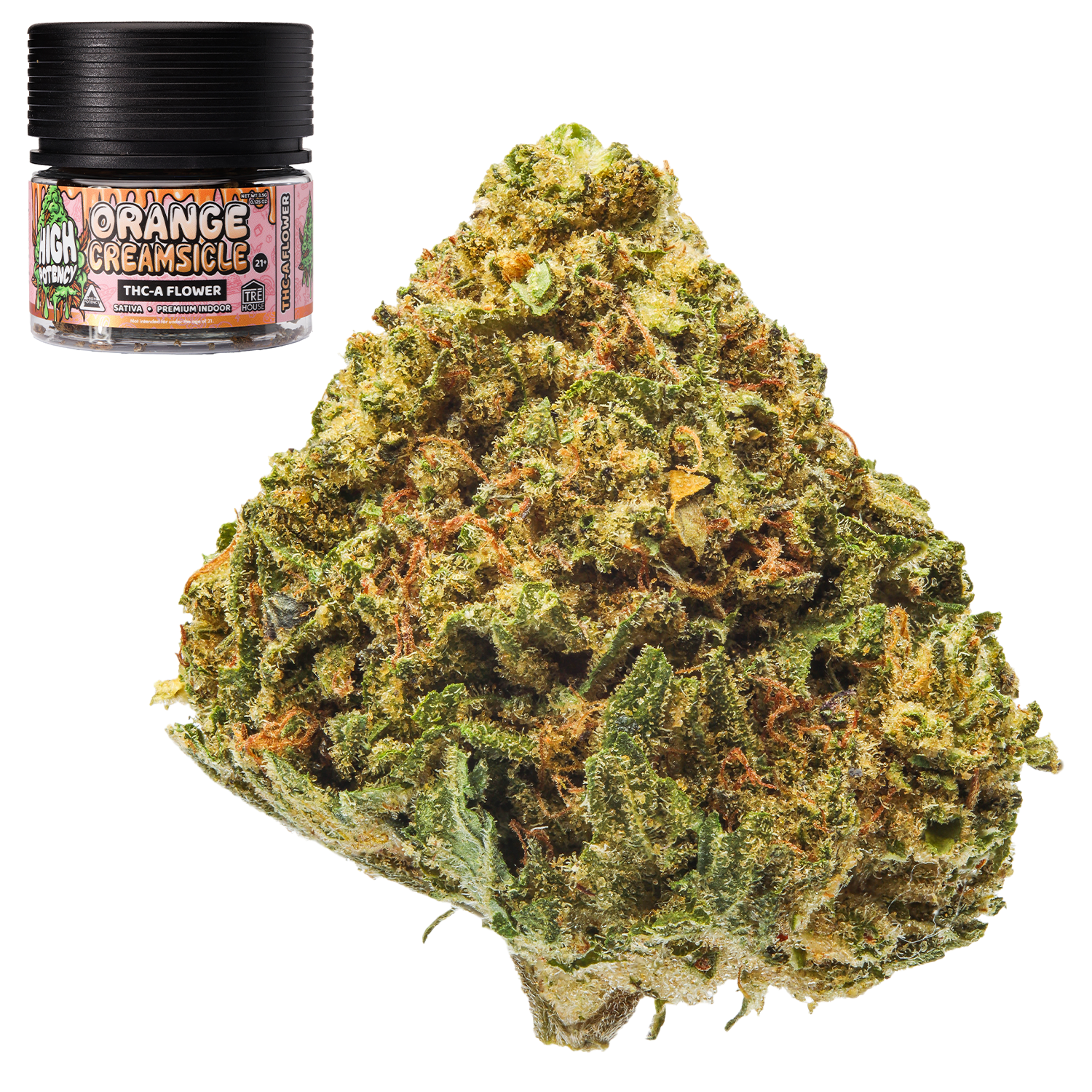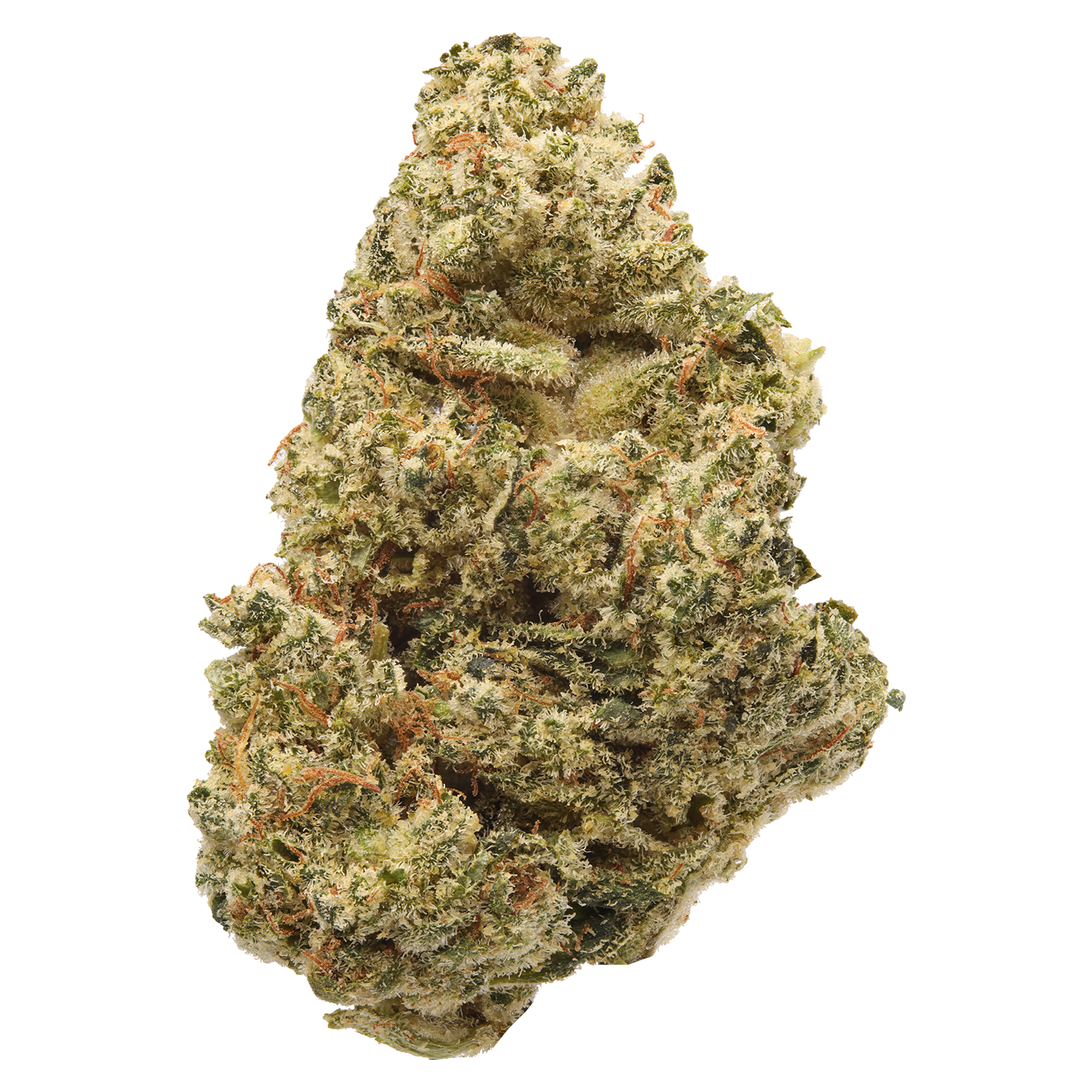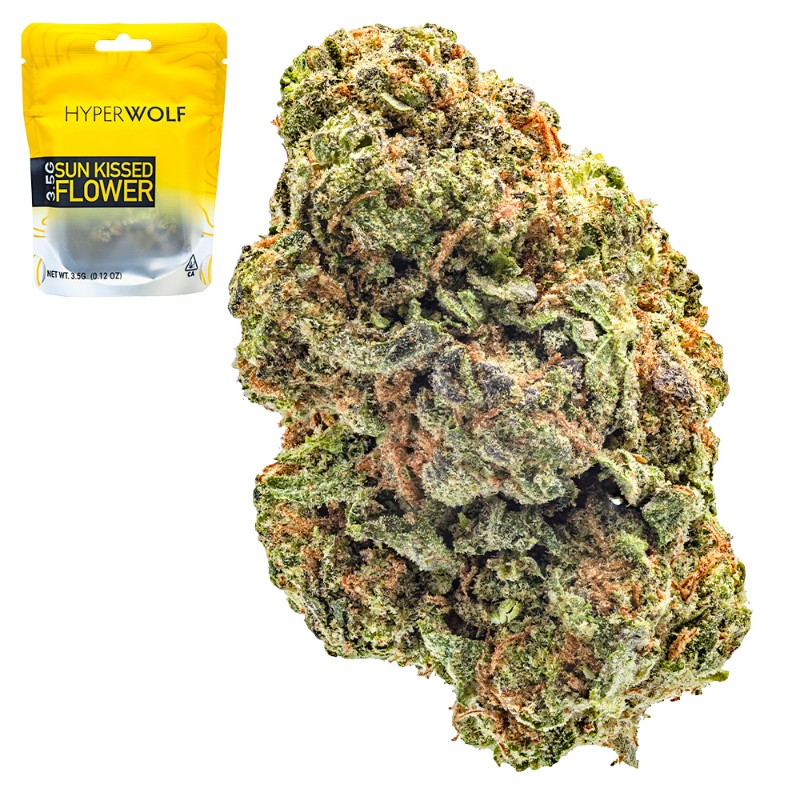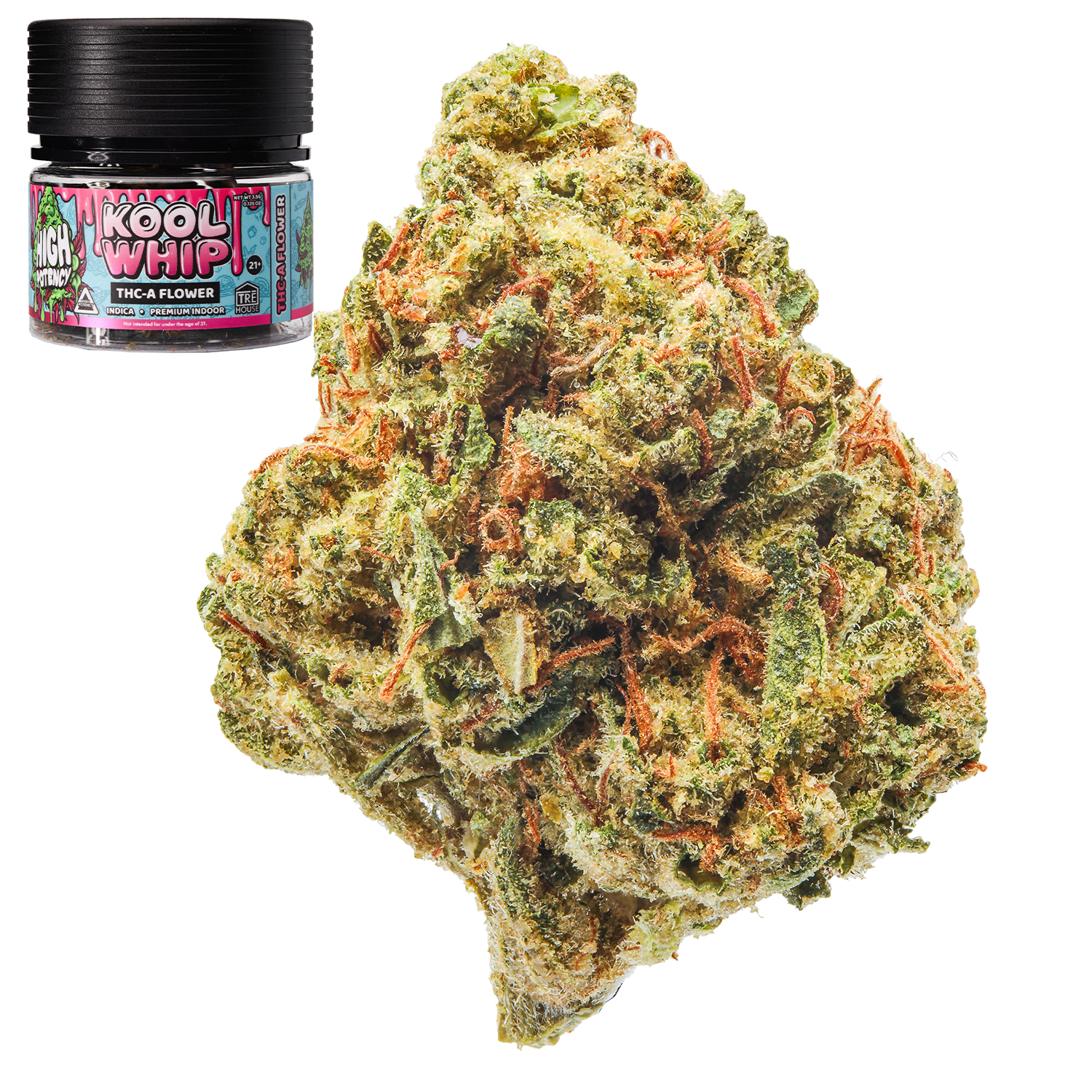As cannabis use becomes more normalized across the globe, both for medical and recreational purposes, questions about its effects on the human body are becoming more frequent and nuanced. One question that seems to be popping up more and more is: Can you be allergic to cannabis? The answer might surprise some cannabis users, especially those who assume the plant is all benefits and no downsides. But yes, a cannabis allergy is real, and for some, it can cause uncomfortable or even dangerous symptoms.
In this comprehensive guide, we’ll break down everything you need to know about marijuana allergy, from symptoms and causes to diagnosis and treatment. Whether you’re using cannabis for medical reasons or recreational use, understanding how your body might react to the plant is essential—especially if you’re experiencing symptoms you haven’t yet connected to cannabis exposure.
What Is a Cannabis Allergy?
A cannabis allergy is a type of immune response triggered by exposure to the cannabis plant. Like other allergic responses, it occurs when the immune system mistakenly identifies certain cannabis proteins as harmful and mounts a defense against them. This can result in a range of symptoms depending on the individual and the form of cannabis exposure.
Cannabis allergy can involve different parts of the plant, including the cannabis pollen, oils, or smoke. It may also be linked to cross reactivity with other allergens like fruits or tree pollen. The bottom line? If your body has been sensitized to cannabis allergens, it may react the next time you smoke, touch, or ingest weed.
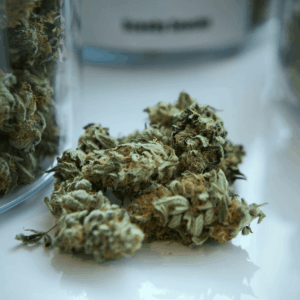
Is It Really Possible to Be Allergic to Weed?
Yes—and while it’s not as common as, say, peanut or pollen allergies, weed allergy is gaining more clinical attention as cannabis use increases. Medical literature, including journals like Ann Allergy Asthma Immunol, have documented anaphylaxis cases and other serious reactions linked to the marijuana plant.
Because Cannabis sativa is a flowering plant, it can produce allergens much like other plants. And with more widespread medicinal use and recreational drug access, exposure levels are going up, increasing the likelihood of allergic sensitization in certain individuals.
What Causes a Cannabis Allergy?
A cannabis allergy is caused by specific cannabis proteins that act as allergens. Some of the most well-documented include a lipid transfer protein called Can s 3. These cannabis allergens are similar in structure to allergens in certain foods, leading to cross reactivity.
Other contributors include:
- Cannabis pollen, especially in male plants
- Contact dermatitis from handling the plant
- Cannabis smoke containing airborne allergens
- Exposure to mold, dust, or other allergens during the growing or curing process
Frequent exposure can lead to allergic sensitization, where your immune system becomes hypersensitive to these proteins over time. This is especially a concern for cannabis growers, dispensary workers, and regular users.
Who Is Most at Risk?
Certain groups are more prone to developing a cannabis allergy. These include:
- People with a history of allergic rhinitis, asthma symptoms, or eye allergy symptoms
- Individuals allergic to grapefruit, peaches, tomatoes, nuts, or similar proteins found in other plants
- Cannabis industry workers, including cannabis growers and trimmers who handle the plant regularly
- People who consume cannabis for medical purposes or recreational use daily
If you fall into any of these categories, it may be worth paying close attention to how your body reacts to cannabis.
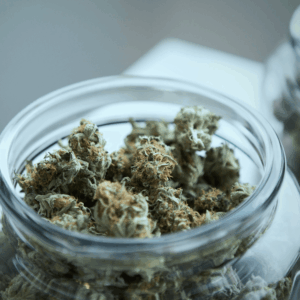
Common Symptoms of a Cannabis Allergy
The symptoms of cannabis allergy can vary based on how you were exposed. You might experience:
Skin Contact:
- Itching
- Redness
- Contact dermatitis
- Hives or rash
Inhalation (Smoke or Pollen):
- Runny nose
- Watery eyes
- Sneezing
- Coughing
- Nasal congestion
- Shortness of breath
- Respiratory symptoms resembling asthma
Ingestion (Edibles or Capsules):
- Itchy mouth or throat
- Swelling of lips or tongue
- Stomach pain or cramps
- Nausea or vomiting
- In rare cases, a severe allergic reaction (anaphylaxis)
These allergy symptoms can be mild to severe symptoms, and repeated exposure often makes them worse.

Can Smoking Weed Trigger an Allergic Reaction?
Yes. In fact, smoking or inhaling cannabis smoke is one of the most common ways people with weed allergy experience symptoms. This can include respiratory symptoms such as coughing, nasal congestion, wheezing, or asthma attacks.
Those with underlying respiratory conditions or asthma symptoms are more likely to suffer when inhaling cannabis smoke, even if they don’t touch or ingest the plant. Secondhand smoke from smoking weed can also trigger allergic response in sensitive individuals.
What About Edibles and Other Cannabis Products?
Consuming edibles may seem safer, but if you’re allergic, eating marijuana can still provoke symptoms. In fact, oral allergy syndrome may cause itching or swelling in the mouth and throat, and in severe allergy cases, could escalate to anaphylaxis.
Cannabis-infused edible products can also contain other allergens like dairy, soy, or gluten, compounding the risk. Oils, tinctures, and topicals may cause skin contact reactions, especially in sensitive individuals.
Weed Allergy vs Weed Intolerance
There’s a difference between being allergic to marijuana and simply not tolerating it well. A marijuana allergy involves the immune system and leads to allergic reactions, often on repeat exposures. In contrast, intolerance might involve temporary side effects like anxiety, rapid heartbeat, or dizziness without immune involvement.
Understanding the difference can help you better pinpoint the best treatment and avoid unnecessary worry.
Is It Really Cannabis or Something Else?
Sometimes, cannabis exposure isn’t the root cause of symptoms. Here are other factors to consider:
- Mold contamination in improperly stored weed
- Pesticide residue on the cannabis plant
- Irritants in rolling papers or vape cartridges
- Terpenes (like limonene or pinene), which can trigger sensitivities but aren’t allergens
This is why it’s important to evaluate your cannabis use in a clinical setting if you’re experiencing unexplained symptoms.
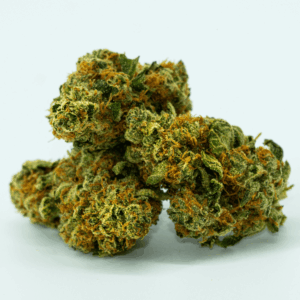
Cross-Reactivity with Foods and Pollen
Some people with a cannabis allergy also react to certain foods. This is due to cross reactivity between cannabis proteins and proteins found in:
- Tomatoes
- Eggplant
- Peaches
- Grapefruit
- Almonds
- Bananas
These similar proteins confuse the immune system, causing an allergic response to both. If you already react to any of these, you may want to monitor your cannabis use closely.
How Is a Cannabis Allergy Diagnosed?
Allergy testing for cannabis is still limited but growing. A board-certified allergist can help you determine whether you’re experiencing a cannabis allergy by:
- Conducting a skin prick test with relevant allergens
- Ordering a blood test to measure IgE antibodies
- Reviewing your history of cannabis exposure and symptoms
- Evaluating potential cross reactivity with food or pollen allergens
While skin testing may not always include cannabis extracts, your allergist may substitute related plant allergens or advise avoidance based on your clinical history.
Can Cannabis Allergy Be Severe?
In rare cases, a severe allergic reaction can occur, including anaphylaxis. This is life-threatening and requires immediate medical attention. Symptoms of anaphylaxis include:
- Difficulty breathing
- Swelling of the face or throat
- Rapid heartbeat
- Dizziness or fainting
If you’ve had a severe reaction before, your doctor may prescribe an epinephrine auto injector and instruct you to avoid cannabis use entirely.
Marijuana Allergy Treatment Options
The best treatment for marijuana allergy is avoiding exposure. But if you’re dealing with active symptoms, here are a few common approaches:
- Antihistamines to reduce itching, sneezing, and runny nose
- Inhaled corticosteroids for asthma symptoms or nasal inflammation
- Topical creams for contact dermatitis
- Epinephrine for anaphylaxis cases
- Allergen avoidance techniques to prevent symptoms in the first place
Consulting with a specialist in asthma network or allergology can help you determine which allergy medications are best for your case.
Living with a Cannabis Allergy
Living with a cannabis allergy means being more mindful about your environment, your habits, and even your social settings. Tips to manage day-to-day:
- Inform friends and medical providers about your allergy
- Ask dispensary staff about ingredient sourcing and plant handling
- Avoid female plants in bloom, which can emit more potent cannabis allergens
- Steer clear of smoking areas or heavy cannabis environments
If you work in the industry, wearing protective gloves, masks, and eyewear can help reduce cannabis exposure.
Can You Outgrow a Cannabis Allergy?
Allergies can evolve, but there’s limited evidence to suggest you can “outgrow” a cannabis allergy. The immune system can change over time, and allergic sensitization may increase or decrease depending on your exposure.
Some patients experience a reduction in symptoms with prolonged avoidance. However, unlike food allergies, no standardized immunotherapy currently exists for cannabis.
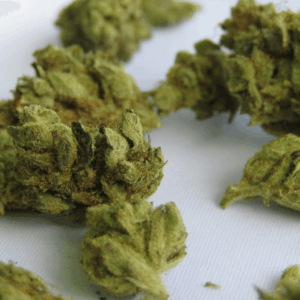
When to Seek Medical Help
If you’re regularly experiencing allergy symptoms after cannabis use, it’s time to speak to a medical professional. Warning signs that require urgent care:
- Difficulty breathing
- Facial swelling
- Loss of consciousness
- Persistent asthma symptoms
Seeking help from an allergist can help confirm your allergy through allergy testing and help you manage or treat symptoms.
Final Thoughts
While cannabis allergies aren’t super common, they are real—and for those who experience them, they can be frustrating, confusing, and sometimes serious. Whether it’s a mild skin reaction from handling raw flower or more intense symptoms like difficulty breathing after inhaling smoke, the body’s immune system can react in a variety of ways.
The tricky part is that cannabis allergy symptoms can easily be mistaken for other conditions like seasonal allergies, mold exposure, or even intolerance to smoking in general. On top of that, with so many different cannabis products and forms of consumption out there—flower, edibles, tinctures, vapes, topicals—it can take some careful trial and error to identify exactly what’s triggering your symptoms, especially if you’re allergic to something like mold spores or pollen on the plant rather than the plant itself.
If you suspect a cannabis allergy, the smartest move is to stop using it and consult an allergist or healthcare professional. They can run tests, help you figure out whether cannabis is the issue, and give guidance on how to manage or avoid reactions going forward. In some cases, changing how you consume cannabis (or switching to a product with fewer additives or a different terpene profile) may make all the difference. In others, avoiding cannabis entirely might be necessary.
As cannabis use becomes more mainstream and research catches up, we’re likely to learn a lot more about how cannabis allergies work and who’s most at risk. Until then, listening to your body, staying informed, and practicing a bit of caution are the best tools you’ve got. Whether you’re a casual consumer or a daily user, knowing that cannabis allergies exist—and understanding what to look for—can help you stay safe, healthy, and stress-free with every sesh.
Can You Be Allergic to Cannabis: Frequently Asked Questions
1. What are the symptoms of cannabis hypersensitivity?
Cannabis hypersensitivity, which is often an immune response to certain proteins in the plant, can cause a wide range of symptoms. These can include nasal congestion, sneezing, watery or itchy eyes, skin rashes or hives (especially after direct contact), and even asthma-like respiratory issues. In more severe cases, individuals may experience anaphylaxis—a rare but potentially life-threatening allergic reaction that requires immediate medical attention. Some people with cannabis hypersensitivity may also react to related plant foods like tomatoes, peaches, or chestnuts due to cross-reactivity.
2. Can people be allergic to cannabis?
Yes, cannabis allergies are real and recognized by the medical community, although they are still under-researched compared to other plant allergies. Reactions can occur from touching, smoking, or even inhaling cannabis pollen or smoke. The specific allergens include proteins found in the plant’s leaves, flowers, or trichomes, as well as mold that might grow on improperly stored cannabis. As with other allergies, a person’s immune system mistakenly identifies these proteins as harmful, triggering a histamine response.
3. What does a smoke allergy feel like?
A smoke allergy—whether from cannabis or other substances—often presents as irritation in the respiratory tract. Symptoms may include coughing, throat tightness, wheezing, shortness of breath, postnasal drip, or sinus pressure. Some people might also experience headaches, dizziness, or skin flare-ups like eczema or rashes if exposed to secondhand cannabis smoke. It’s important to distinguish between smoke sensitivity (due to the irritants and particulates in the smoke) and a true allergic reaction to the plant itself, though both can coexist in sensitive individuals.
4. What are the strange symptoms associated with cannabis?
While classic allergy symptoms are more common, cannabis exposure can occasionally trigger some less-expected reactions. These might include brain fog or cognitive confusion, low blood pressure leading to dizziness or fainting, swelling in unusual places like the eyelids or tongue, or sudden gastrointestinal distress like cramping or nausea. Some users even report anxiety or panic-like symptoms that may not be psychological but rather allergic or sensitivity-based responses. In rare cases, repeated cannabis exposure may lead to Cannabis Hyperemesis Syndrome (CHS), which causes cyclic vomiting episodes.




